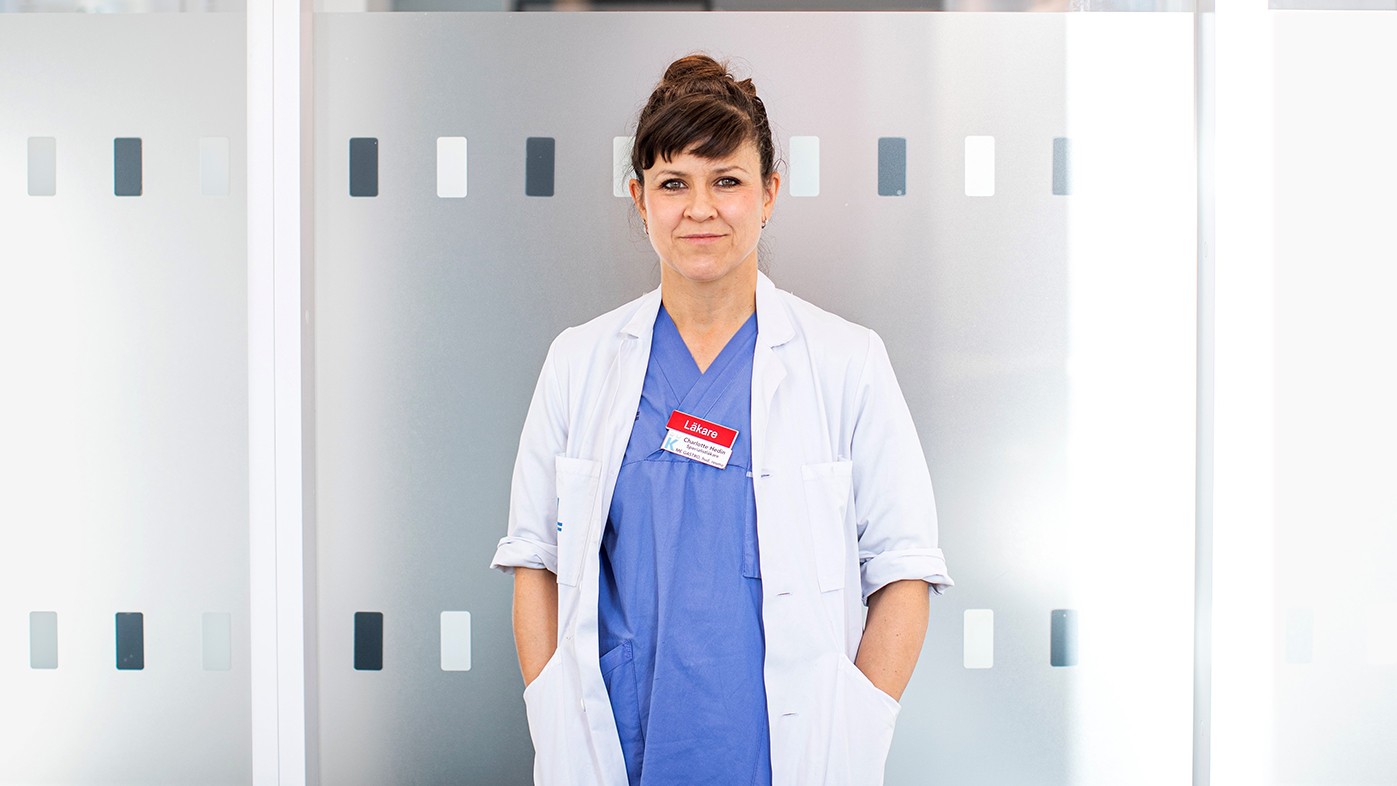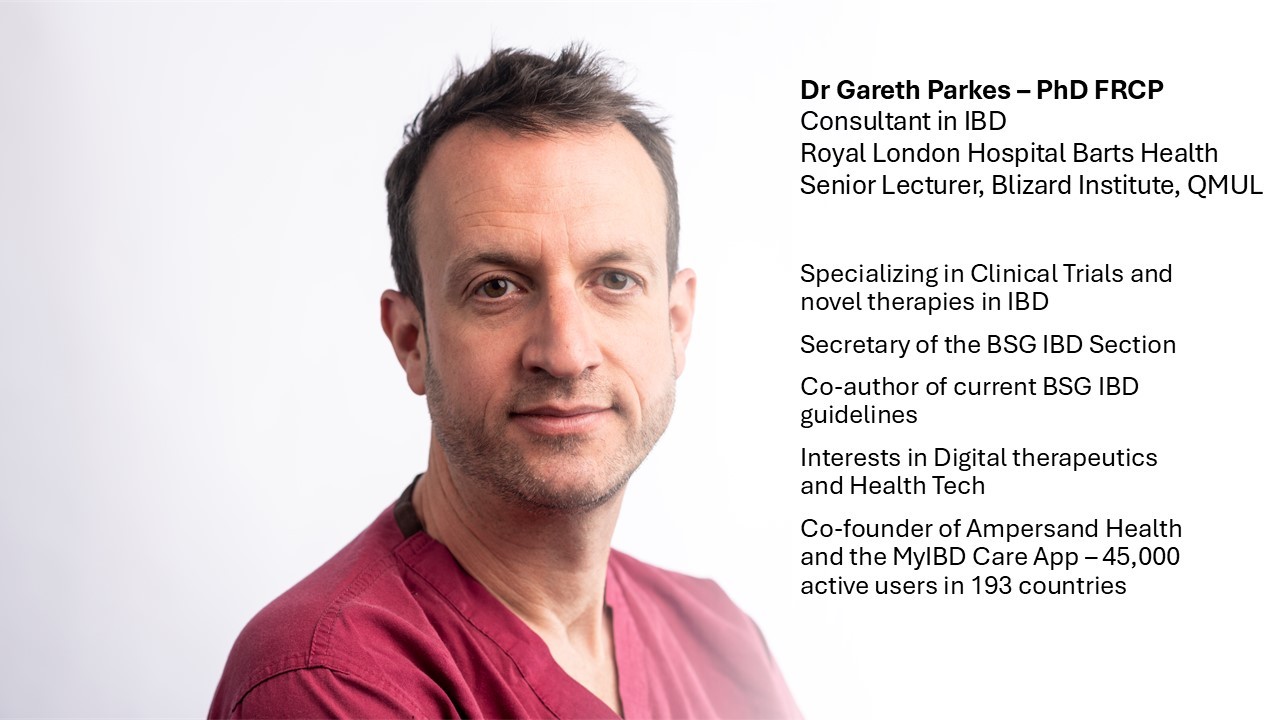Young GI Blog
Balancing an academic clinical career with parenthood
January 20, 2025 | Gareth C Parkes (MD, PhD) and Charlotte R H Hedin (MD, PhD)
Being a parent takes a lot of time. Time is not an inexhaustible resource and therefore if you become a parent, you will have less time for the other things you do. Like your career, for example - parenthood is correlated with lower earning and your training will take longer if you take parental leave. But looking around one can often see colleagues who are making it work. How are they doing it? The authors of this blog post have performed an informal survey of colleagues to get insights into how to balance parenthood and career.
Before you had kids you had a job already as a full-time doctor or academic; once you have kids you suddenly have 2 jobs – managing a home and rearing children is a full-time, normally poorly-paid, job. If you are a clinical academic, you probably even have 3 jobs. People who have a very successful career as well as rearing kids, who look like they are managing to do it all…generally aren’t. What they are doing is being adept at prioritisation. So out of the 2 or three jobs you now suddenly find yourself juggling, prioritise what you are going to do yourself and what you will either not do or will get someone else to do. Just like work, raising a family is often better as a team, whether with a partner, family or friends, and just like work, raising a family is easier if you can share the workload and brainstorm the challenges that inevitably arise.
It is widely assumed that childcare and homemaker activities are just part of daily living – this is a harmful belief. Looking after yourself is one thing, running a home and caring for several (often incredibly needy) individuals is a full-time job and if you have another full-time job, you are not going to be able to do both. If you have the resources or nearby relatives able to help out then use this help to get both jobs done. In addition, be open about the help you get. Many parents feel pressure to “do it all” and feel relying on help is mark of failure. Help to combat this by being open with your colleagues about the help you have – particularly with those early in their careers.
Aim to be realistic. Give yourself a break if your kids had the wrong stuff for school or you are not helping at all the school events. Focus on getting the most important aspects of parenting right (love them, feed them and keep them out of traffic) and accept that other things may have to slide. On the other hand, be supportive to those parents with a different career-family balance where you can. For example, you may not be part of the committee organizing the school fete, but you can be enthusiastic and help as much as you can on the day when you are there.
Make the most of the time you have together. The quality of family time may be more important than the quantity. Be disciplined about keeping the laptop closed and not answering emails on your phone whilst trying to listen to your kid talk about their day. Remember to share your day too: Having a bum doctor as a parent maybe an endless source of amusement/embarrassment for your kids, but the dedication and discipline you bring to work is an amazing role model to your kids. Your kids will appreciate you more and your emails will have fewer typos.
For many parents being more organised is very helpful. This can take many forms. For example, an online family diary or a whiteboard with the week’s schedule to keep track of things. Planning meals in advance & batch cooking can be efficient. As your child gets older, facilitate their independence and facilitate their organisational skills! For example, investing time walking, cycling or taking the bus with them to school the first couple of times will be worth it when they can then get to school independently. Look for household tasks that the kids can do themselves to help you out. This sharing of household tasks also applies between parents. It is an investment in your relationship (if you have one) that both parents feel that tasks are shared, and in addition this will increase your chance of getting your kids involved.
It is important to invest not only in your relationships but also to give yourself the chance to re-charge your batteries. You may not be able to pursue all the hobbies you had pre-kids so pick the ones most important for keeping you in balance. Carve out adult time for yourself and your partner if there is one and as they get older if you can find pursuits your kids want to do too this may be a good way to combine family time with your own interests.
The time when you have a new-born or young children is only one phase of your career. It is generally the most intense period of parenthood both from time and emotional investment – but the time will come when your kids are older and need you less. So, it is important to try to keep the strands of your career active during those early years, so that you are able to remain relevant and keep your options open for the future. Try to make at least a proportion of conferences/networking meetings (including some of the social events). Aim to keep your CV competitive. Depending on what stage of your career you are at, being a clinician or clinical academic entails sitting professional exams, writing talks, publishing articles and putting in grant applications. Having kids means you probably can't do all of this at the same time, but you can do some of it, so make realistic goals each year. However, childhood is short and once it’s gone you don’t get to have that time with your children again. Opportunities don’t disappear forever – it may be reasonable to take a step back at times – opportunities often come back at a later date.
Flexibility in working is incredibly important for working parents. Talk to your boss or employer about what changes in your job plan could make your life more manageable. This might include working from home for some of the time or leaving work early to spend time with your kids and doing some work admin later in the evening when they have gone to bed. However, think carefully about working part-time. For many parents this is a great way to go, but there is a risk that you end up working full time for part time pay. If you’re going part time, negotiate the terms carefully to make sure you do not fall into this trap. When you yourself are the boss seek out ways to actively support colleagues with kids to find job plans that work for everyone. In addition, you might be the colleague with kids, but others you work with may have other responsibilities such as older dependents, health conditions or other non-work priorities. Being understanding of others’ needs will contribute to a more supportive and productive workplace.
Combining a family life with a career can be messy, noisy, chaotic and requires elements of self-discipline, sacrifice, negotiation and prioritisation but can ultimately be incredibly rewarding.
Affiliations:
Gareth C Parkes:
Department of Gastroenterology, Royal London Hospital, Barts Health NHS Trust.
Charlotte R H Hedin:
Karolinska Institutet, Department of Medicine Solna, Stockholm, Sweden.
Karolinska University Hospital, Centre for Digestive Health, Department of Gastroenterology, Dermatovenereology and Rheumatology, Stockholm, Sweden






Please log in with your myUEG account to post comments.